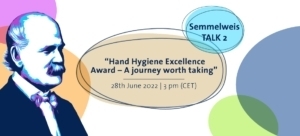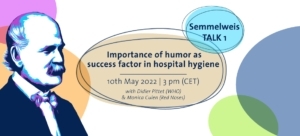The IMB Centre for Superbug solutions at the University of Queensland, Australia, is one of the most important institutions dealing with drugs and diagnostics for superbugs. We spoke with the director of the Centre, Professor Matt Cooper.
Mr. Cooper, some weeks ago I read an article in “theguardian” with the title “Resistance isn’t futile – how to tackle drug-resistant superbugs”. In this article you were cited with “We took most of the low-hanging fruit in the golden era of antibiotics in the 50s to the 70s”. What does that mean exactly?
We used to be able to discover antibiotic easily from soil microbes, fungi and bacteria that were easy to culture and analyse. These have all been trawled for new antibiotics and now it is very, very hard to find a new antibiotic.
What are the most important measures to stop superbugs in their tracks?
Before we can better treat disease, we need to be able to accurately diagnose it. Current diagnostics tests are too slow, taking about 48-72 hours to detect antibiotic resistant bacteria. Doctors are often forced to use a trial-and-error approach to find an antibiotic that works to treat patients urgently. By developing rapid and accurate new diagnostics, doctors can give the right drug to patients the first time. This will enable faster treatments to more patients, while minimising opportunities for superbugs to spread.
What is the part of the IMB Centre within this process?
In March this year, we launched the Community for Open Antimicrobial Drug Discovery (CO-ADD), a non-for-profit initiative that aims to pool together the many thousands of chemicals made by academic chemists and screen them for potential antibiotic use. CO-ADD reaches out to chemists in academia and research organisations around the globe who have compounds ‘sitting on shelves’ that were not designed as antibiotics and would not otherwise be screened for antimicrobial activity.
If I have a compound with potential – what can I do and what does it cost?
Compounds are screened at no cost against a key panel of susceptible and drug-resistant bacterial, and fungal pathogens. We ask for 1mg of pure compound which will be used for primary screening, hit confirmation, and if active will be used for a broader antimicrobial screening.
IMB Institute for Molecular Bioscience




